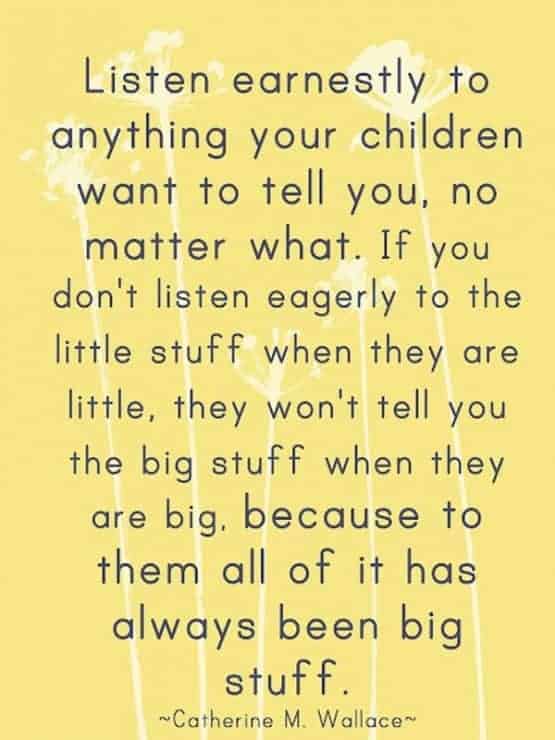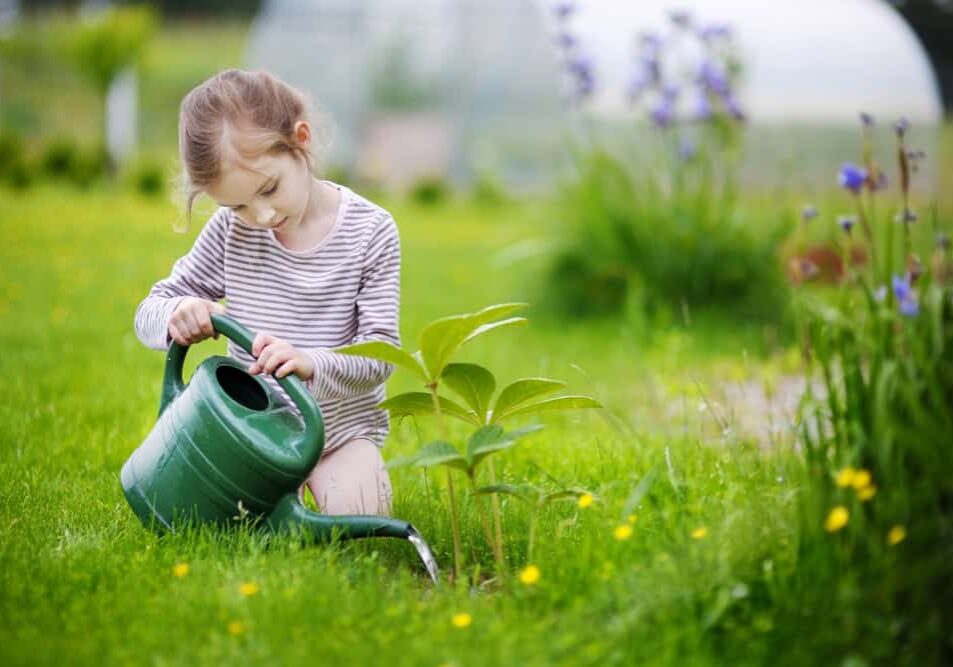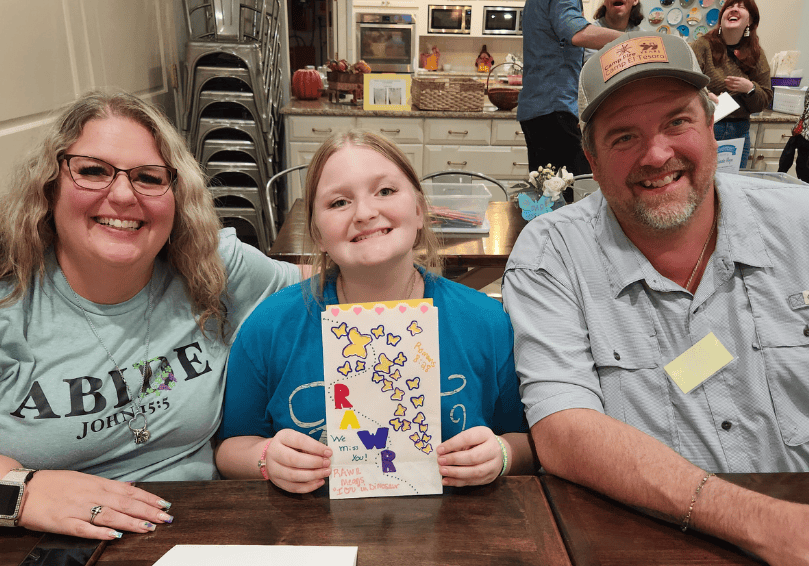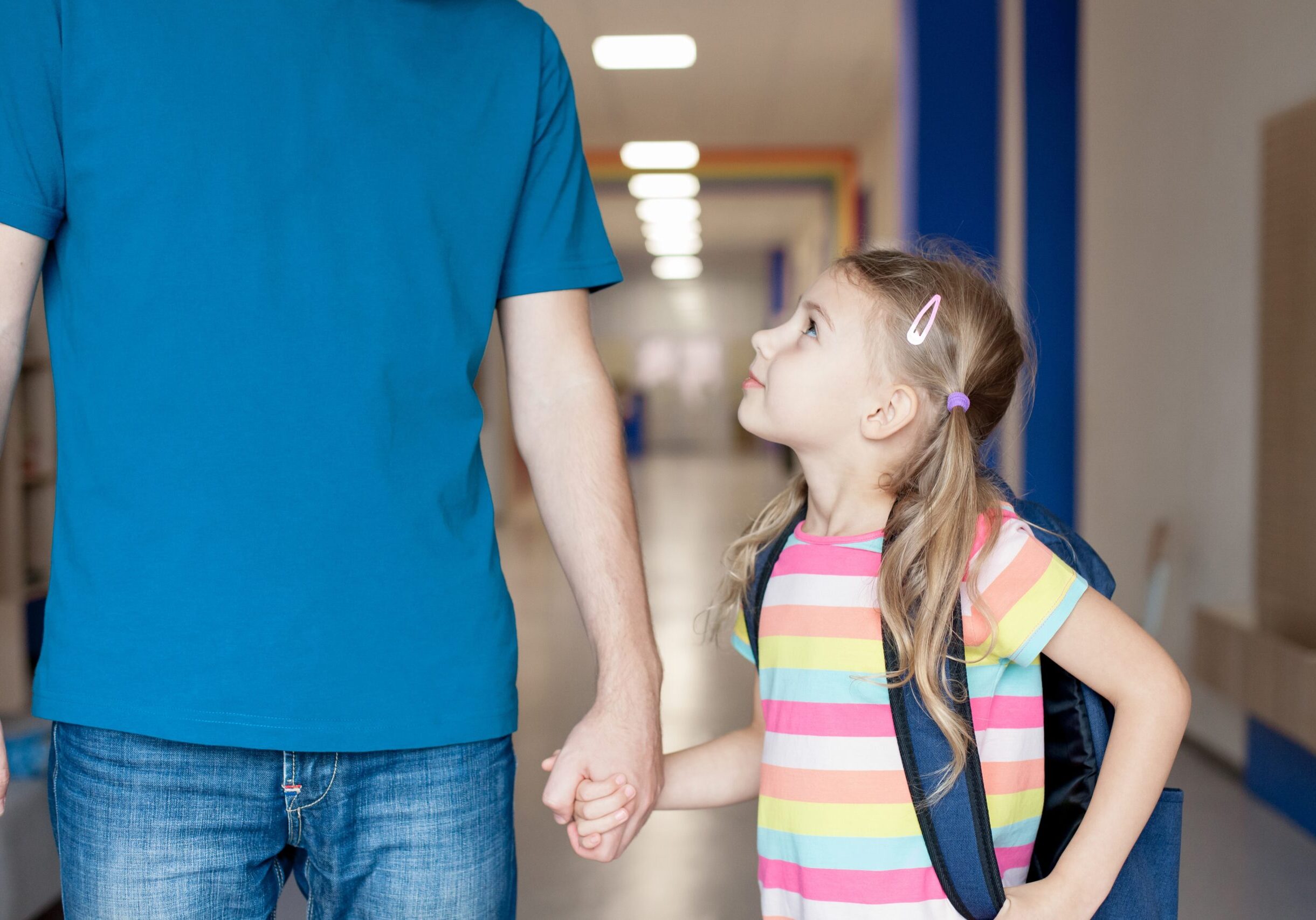Some of the work that we often do with our families here at The WARM Place is helping parents and children have conversations with each other. We practice with the parents and we practice with the children.
Often we hear from parents that children tell them that they can’t talk about what they did in group because it is private. Sometimes our children use group confidentiality as a reason not to share with the parent. Just a reminder about the confidentiality in our children’s groups: What the children say in group is private (unless they hurt themselves, hurt others, or destroy property) which means that our facilitators will not tell the parents what was said in group. And the children will not talk about what other children have said. However, it is always OK for a child to tell the parent what he/she did in group or talked about in group. We tell the adults what the activities are in group so that you can have a conversation with your child on the way home about what they did in group. Simply noticing what your child brings home from group may help you start a conversation.
You may have seen this helpful hint on parents talking to children on our Facebook page:
It works the other way around, too. If teens want a parent to listen it helps to talk about everyday stuff. Having a chat with your parent every day about trivial things will help keep your relationship strong and comfortable so that it’s easier to bring up difficult topics when they arise.
When a teen is stressed about something, it helps the teen to know what difficult feelings they would like to express to their parent (or other adult) and what they want to get out of the conversation. Plan ahead and write down some ideas about what you want to say to your parent.
Also the way you talk to your parent is important. Use a tone of voice that is respectful, not argumentative or whiney. Of course, this goes for parent to child conversations as well.
And for both parent and child, listen to the other to understand their point of view. I am convinced that if we would all listen with an ear to understanding the other, not fixing or solving problems, the world would be a much better and happier place.
Follow this link for a great handout that can help teens talk to parents or other adults.
-Kathy Telger, LPC-S


